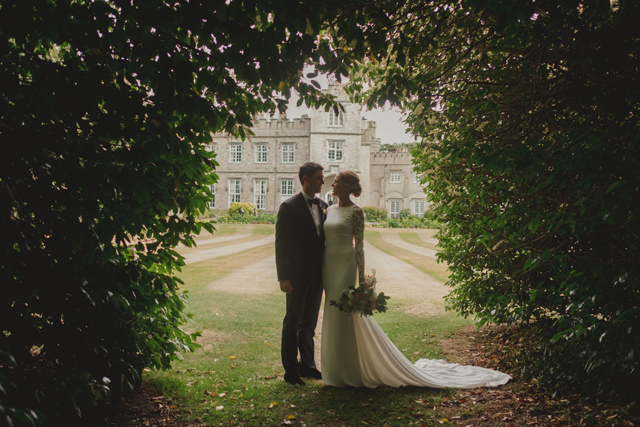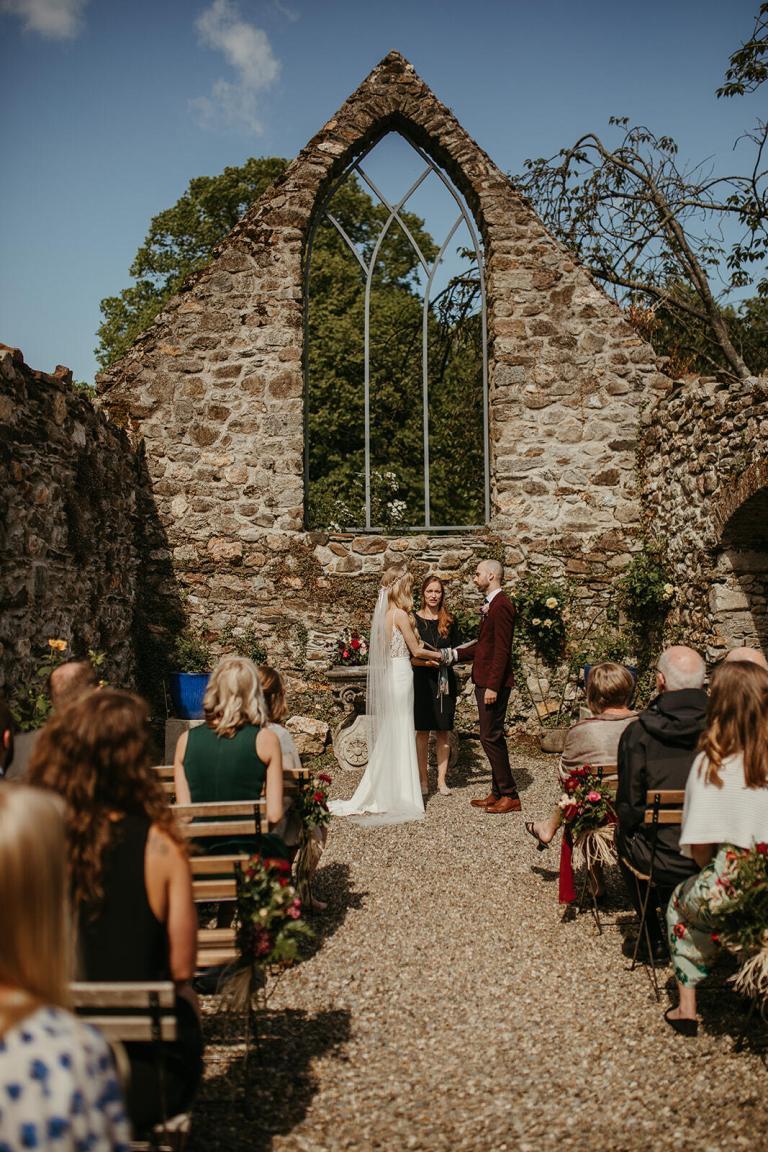Getting Married In Ireland
If you are considering a destination wedding in Ireland {good for you!! it’s a great spot!} I’m sure you have questions.
There is a lot of information floating around on the ole Internet. It’s great isn’t it? But do you know what kills me? It’s not always right. And I get sooooo many emails from couples who are so confused because they are reading about residency and having to live here or that they have to be here to apply for a marriage license 3 months before hand and just all kinds of stuff. Much of that information is out of date or not correct.
I think someone needs to set things straight. I’ll do it.
Getting married in Ireland is actually quite easy even if you were born in the US or Canada. It just takes a bit of preparation {like most things you need to do for a wedding}.
Here is the stuff you need to know.
There are no residency requirements for marriages in Ireland.
So for couples living abroad who want to marry in Ireland, if you contact a Registrar in advance, your paperwork and notification CAN be done by post and often email. However you also must meet with the Registrar in person a minimum of 5 calendar days before your marriage. So have a look and a read through here to find an office that is convenient to you, then phone or email them to tell them you want to get married in Ireland. They will help you from there.
For the requirements I’m hoping I have put in plain language, keep reading.

The below are needed by all couples who want to have a legal valid marriage in Ireland. Civil or religious.
You must:
– have the capacity to marry each other meaning be at least 18 years old, and not currently married.
– freely consent to the marriage;
– observe the marriage notification process as required by Irish law as outlined below and by contacting the HSE immediately. If your marriage will be by a Humanist or Religious {church or non denominational} then you can start your notification in ANY county. It does not have to be the county you marry in.
All couples will be asked to produce:
– Passport as ID
– Birth Certificate
– If either party is divorced, original final decrees in respect of all previous divorces. This can be a little trickier so get started as soon as possible if one or both of you has been divorced.
– If widowed, death certificate of the previous spouse and the civil marriage certificate for their first marriage
– Their PPS Numbers (This is an Irish tax ID number. If you don’ t live in Ireland you probably don’t have one so don’t worry about it) where either or both of the parties have one
– Fee of €200
Additional documentation may be required in some cases and the Registrar’s office will advise if needed.
You will be asked:
– the intended date of marriage,
– whether they require a civil or religious ceremony,
– the names and dates of birth of their witnesses, and
– details of the proposed solemniser (your officiating priest, religious leader or other legally recognized Celebrant) and venue.
You will also both have to complete a declaration of no impediment stating that they are not aware of any lawful impediment to the proposed marriage. They will give you that.
Everyone: I cannot emphasize enough that if you want to get married in Ireland, whether you live here or not, to start your paperwork as soon as possible. I don’t care if you don’t know your priest’s name or your venue yet just get started.
Once the Registrar has approved all required details as above, he or she will either 1) arrange an appointment for your in person meeting 5 days before your wedding or 2) if you have met them in person, they will issue you with a Marriage Registration Form (MRF) based on the information provided. This is a critical document and you need it for the marriage to proceed. All couples wishing to marry in Ireland (whether they require a religious or a civil ceremony) must first be issued with a Marriage Registration Form to be legal. The MRF should be given to the registrar or religious solemniser solemnising the marriage prior to the legal ceremony.
You must bring all documents and information requested by the Registrar to their in person meeting even though the documents may have been seen through postal notification and the MRF can be issued to them immediately.
The Registrars are extremely busy and while I have always found them very helpful and hugely patient and efficient, be prepared with as much as you can as soon as you can.
Now that is a plain word short version outline of what is needed just so you know off hand. But I’ll say it again, consult the Health Service Website and General Registrar’s Office for full information, links and phone numbers that you will need. Do it as soon as you know you want to get married in Ireland and it will be all down {a lush grassy green} hill from there.
There will be more details on civil registry office weddings, civil ceremonies in other locations, church weddings and blessings and vow renewals later so stay tuned.
For now, email me if you have any general questions on annie {at} aislinnevents {dot} com.
OOh yea, and contact me to help you plan it! ![]()
Annie
Live, Love, Laugh and Dream!







